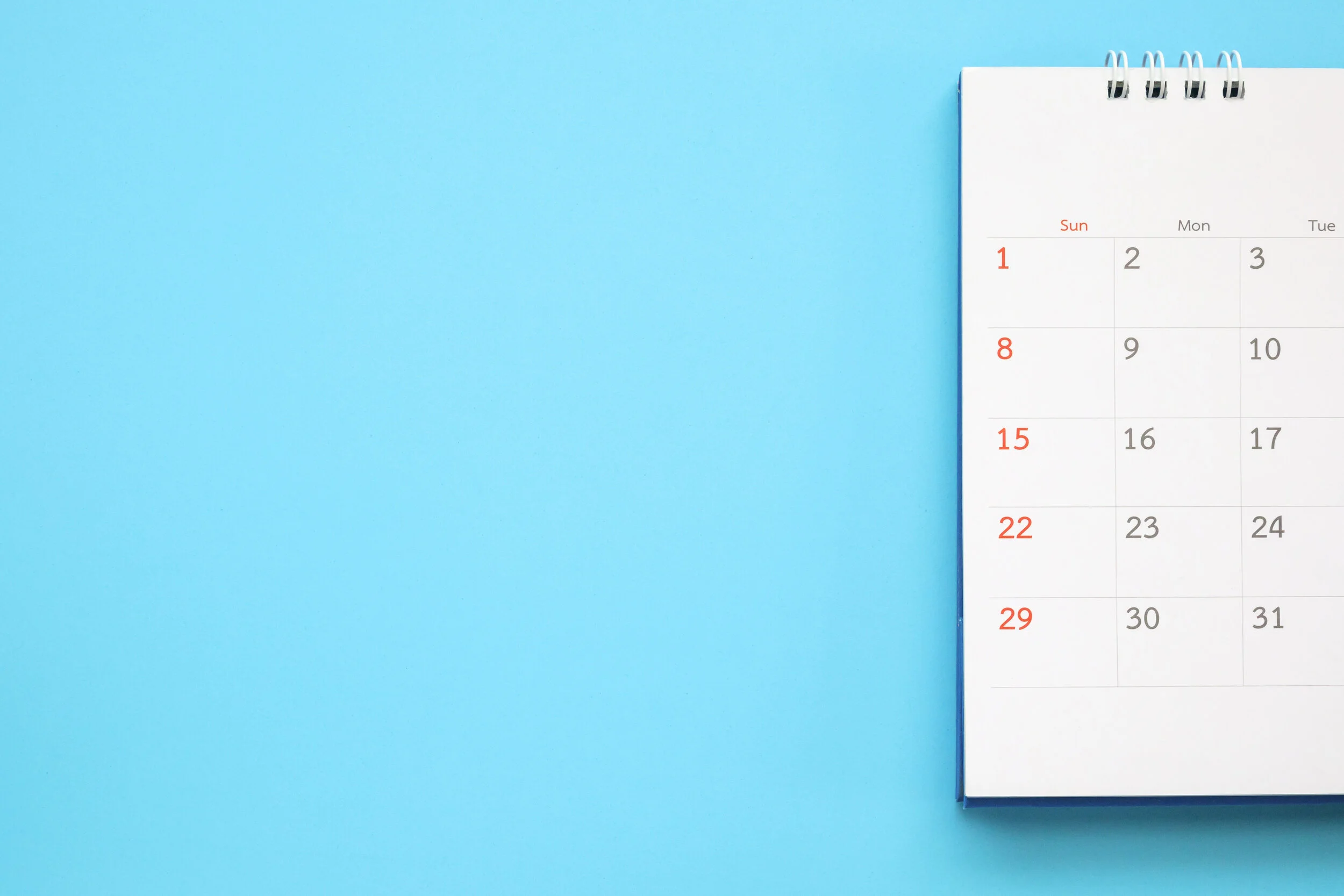Over the years, I have had many people from different backgrounds reach out to me with the same question: “How can I increase my focus?” The commonality of this request speaks a thousand words, as it means the ability to focus is something we all struggle honing. And in our bustling society, there’s no question as to why!
The commonality of this question also means there are a thousand answers I am sure we are all tired of hearing—create a to-do list, organize your day chronologically, and so on and so forth. Not that these tips aren’t helpful, but when they’re the majority of advice that’s offered, they can only take us so far. As a result, I have put together this list of 10 creative tips anyone can use to increase their focus. Let’s jump right in, shall we?
1. Identify and work with your natural rhythms.
Many of us self-describe as an “early bird” or a “night owl,” but there is truth to those phrases. Different people find themselves to be more alert at different times of day. We have to identify when we find ourselves most attentive and block out those hours for our most important tasks, such as items that require a lot of creativity or ones that demand intense concentration. We can save less productive times for “busy” tasks, such as checking and answering emails. Let’s prioritize based on our natural rhythms!
Research by author and scientist Jennifer Ackerman demonstrates that our brains are most alert 2.5 to 4 hours after we wake up. Try blocking out some time about 2 hours after you wake up, whether you’re an early riser or a late one, and see how productive you can be!
2. Do one small thing to build momentum.
It’s easy to get overwhelmed by the dozens of tasks—all of varying importance—that we each have on our plates. Rather than increasing our stress by trying to approach our assignments as a whole from the get-go, it’s helpful to start with one very small and very simple task. It’s like eating a meal: we can only take one bite at a time. And this task should be related to the bigger plans at hand, such as working on a single slide of a PowerPoint, not checking our email. Putting that one small piece into the larger puzzle often helps us find the spark to push forward and accomplish more.
3. Practice positive self-talk.
“Talk to myself?” you might be saying. “What kind of ridiculous advice is that?!” Good advice, if we let it be. Again, we oftentimes find ourselves overwhelmed when facing numerous tasks or facing one massive project. And that’s okay! Stress and anxiety are normal human emotions. But we can’t get caught up in our fear of making mistakes, otherwise we’ll never make any forward progress. Positive self-talk can help balance these fears and worries. We should tell ourselves, “I can do this. I can do this well.” Or maybe we need to remind ourselves, “I have accomplished more difficult things than this in the past. I’ve got this!” By reinforcing our own abilities, we’re better able to sit down and get started.
4. Boost alertness with the color yellow.
Numerous studies have shown that the color yellow increases our concentration and alertness. Now, this fact may seem odd at first glance, but there’s a simple explanation: yellow is the color we most associate with happiness! (Most smiley faces I’ve seen have certainly been yellow.) To fully utilize this tip, we should all consider bringing some yellow into our workspace! It doesn’t have to be drastic; putting a yellow poster on the wall, writing in a yellow notebook, or even using a yellow highlighter are easy means by which we can brighten our surroundings and hone our concentration just a little bit more.
5. Let sunshine in.
Many of us find ourselves sitting inside, be it in our homes or our offices, either with the blinds closed or in a room without windows whatsoever. Maybe you’re reading this very blog in an artificially-lit room right now! Regardless, the truth is that we could all use some more sunlight to help boost our alertness. So, open those shades! Take a walk outside during a break! There’s a beautiful, bright world waiting.
6. Listen to techno or video game music.
Many of us have likely been given the advice to listen to music while we work, seeing as music stimulates the brain, but there’s a second part of that wisdom often cut short: the type of music we listen to while working can help hone our concentration, too! Techno music is a popular choice for many seeking to improve productivity because the fast tempo increases our ability to focus, but an ingenious alternative for those of us who may need music that’s slightly less electric is video game music. Why video games in particular? Because the soundtracks of video games are composed to minimize distractions with the intent of keeping players focused on the scene or level at hand. (Yes, that’s the reason we sometimes start up a game, blink onc, and suddenly five hours have passed. The music purposefully tugs us in!)
When possible in one’s workplace, it also helps to wear headphones while listening to music. Doing so helps us create our own spaces and further tune out potential distractions.
7. Chew gum.
Chewing gum has been demonstrated to boost cognitive abilities. Chewing gum for about 15 to 20 minutes before we start working can help us focus and better prepare us to think through whatever difficult tasks are at hand. (This boost is only temporary, however, so there’s no need to keep chomping down on one piece for hours at a time.)
8. Work in chunks.
As I mentioned earlier, humans have a habit of unintentionally overwhelming ourselves when we try to think about our projects in the big picture, or as their end goal. This habit can lead to self-sabotage, where we’re limiting our potential before we even begin! A great way to address this issue is to work in chunks. Starting with a small piece, as in tip #2, is fantastic, but it’s also great to continue dividing work into manageable steps. We need to think about big tasks in smaller segments, where we take breaks between each item we accomplish. By doing so, we prevent ourselves from getting caught up in the stress of facing one giant task and thus foster increased focus and productivity.
9. Plan breaks.
On the subject of taking breaks between items: breaks are a must for maintaining and increasing focus! Moreover, none of us are equipped to work nonstop for hours at a time; breaks are thus essential for keeping us productive and keeping us healthy. A common recommendation is to work for 45 minutes and then take a 15 minute break, although ratios do vary from person to person.
Knowing breaks are necessary and remembering to actually take them are two different things, however. A neat trick to keep track of when we should be working and when our break begins is to program a playlist of a specific length! For example, we might make a 45-minute playlist of different video game tracks, to recall tip #6, and thus when that playlist stops, we know it’s time to take a 15-minute break. Simple and effective!
10. Use Internet-blocking apps.
This tip falls under what we might call the category of “minimizing distractions.” Many of us have issues with discipline while online, where we find ourselves constantly checking our email or switching between different social medias. Internet-blocking apps help keep us in check! Inbox Pause temporarily stops incoming emails from arriving in our inboxes, while the free browser extension LeechBlock can block specific websites for certain durations of time.
I hope these tips serve us all well on our individual journeys to increase our focus in the midst of a very busy, very distracting society. Happy concentrating!
Dima Ghawi is the founder of a global talent development company. Her mission is providing guidance to business executives to develop diversity, equity, and inclusion strategies and to implement a multi-year plan for advancing quality leaders from within their organization.
Through keynote speeches, training programs and executive coaching, Dima has empowered thousands of professionals across the globe to expand their leadership potential.




